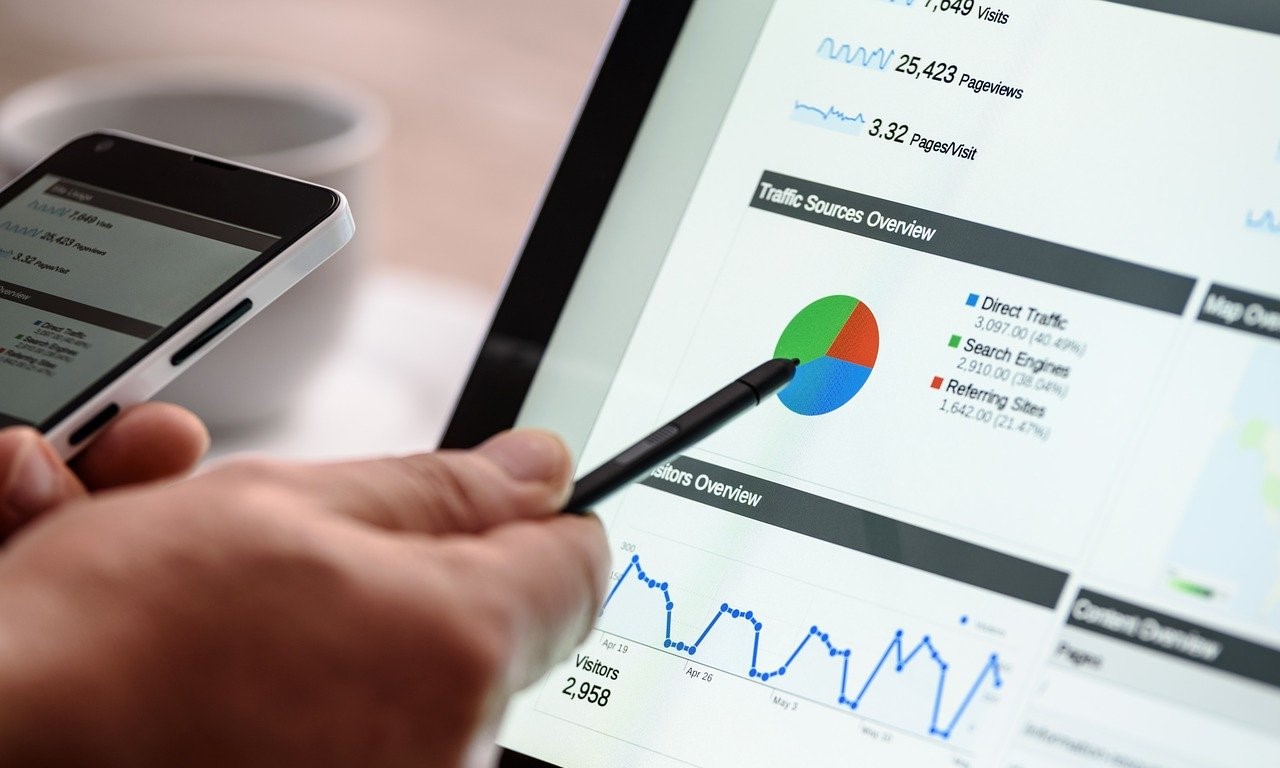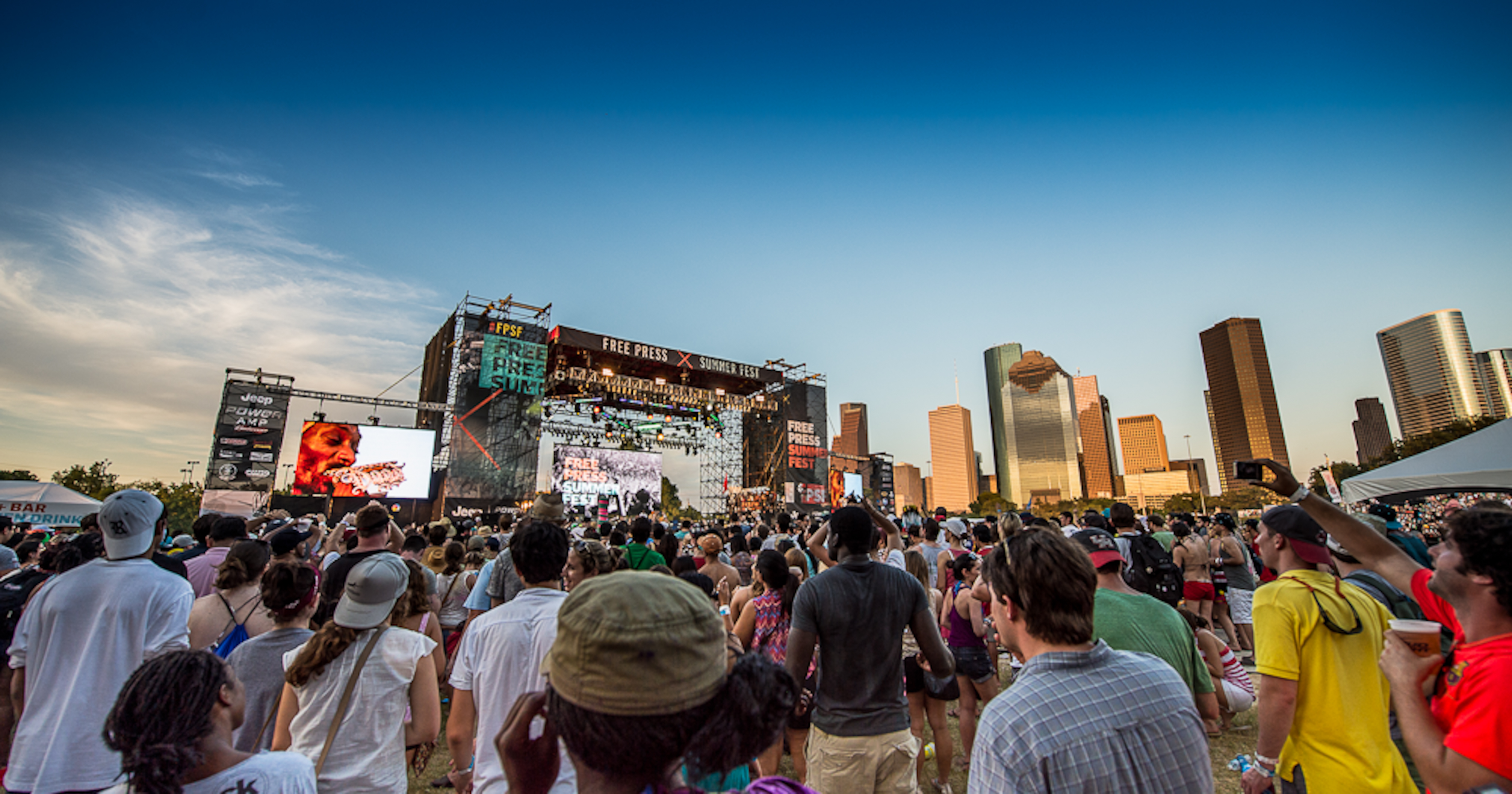Marketing Executives Share Best Practices Post-COVID-19
Published Jun 15, 2021 by Pamela Gibbs-Smith
The pandemic has affected nearly every facet of how businesses operate across the Houston region. Executives say that includes marketing and sales.
In the final installment of the Partnership's Restart Houston series held on June 10, panelists discussed ways businesses can pivot their sales and marketing strategies following COVID-19.
Speakers:
- Doug Hall, SVP and General Manager of the Toyota Center, Houston Rockets
- Avani Sharma, Director of Corporate Partnership Activation, Houston Rockets
- Jessica Solera, Partner, Bain & Company
- Sushant Khandelwal, Associate Partner, Bain & Company
Here are some of the highlights from the virtual event.
B2B Strategies and Trends with Bain & Company
Solera and Khandelwal talked about business-to-business selling strategies, trends and sales expectations in today's virtual market.
"Like anything sales, virtual selling is about serving your customers how they want to be served," said Solera.
There are four types of virtual selling methods
- Inside sales: This model was commonly used pre-pandemic. It refers to sellers engaging customers by phone, typically in a call center, who are often entry-level sales employees and who typically execute on less complex sales. Solera said the pandemic really brought to the forefront the other three types of selling methods.
- Virtual-in-person hybrid: Sellers who used to engage primarily face-to-face with potential customers were forced to start doing so virtually. Solera said these sellers needed to quickly be as effective virtually as they were face to face. "Now that COVID has forced sellers how to do things virtually, the expectation of many companies is to continue to do the majority of the work remotely, but still be in person with the customer when it matters most."
- B2B e-commerce: Also known as "digital sales" or "touchless sales," this approach is engaging customers in other ways without a sales person involved in that particular moment. Solera pointed to visiting the online website Amazon as an example. Or, the customer is doing a part of an interaction independently of a salesperson, and then a salesperson is involved later on.
- On-demand virtual specialists: This is another place virtual that has really gained traction over the past year. Solera said to think of these as your highly-paid technical or super specialist resources who are expected to cover hundreds of accounts. These specialists are expertise-based instead of relationship-based.
"Virtual selling is different than what you used to do," Solera told attendees. "The future looks different than the past."
Why is the shift to virtual selling happening now?
- Shifting buyers and preferences: "Even before COVID, many buyers preferred engaging with companies on digital channels," said Solera. "And the experiences over the last year have made them even more comfortable interacting with sales people virtually. And now that those habits have been formed, those habits will be hard to unwind." Solera also pointed to Millennials as the up-and-coming decision makers in B2B purchasing who are more comfortable with buying through digital and phone.
- Cost and ROI pressure: Traditional (expensive) field sales models can no longer be justified for many situations, said Solera. And growing sales complexity (e.g. need for product specialization) compounds the problem.
- Access to new markets: "Meeting customers on Zoom lets companies expand to new geographies near and far where they don't have an existing footprint," said Solera. So you can expand your reach in one morning, including in places where it wasn't cost-effective before to have a physical sales presence.
How the Houston Rockets Took a New B2C Marketing Approach
Sharma and Hall shared how they used virtual experiences to provide brand exposure for partners while keeping ticket holders engaged.
"We had to figure out the hybrid model," said Hall. "A lot of the TV money generates NBA revenue, and it's a huge part of the partnership between the player association and the team. Whether we were hosting fans at limited capacity or no fans at all, the product on the floor was vital."
Changes the Rockets made to enhance the virtual experience for their fans:
- Created new seating options for season ticket holders
- Transferred in-game videoboard highlights to social media channels
- Produced virtual signage during the game for partners
- Held virtual community partner events
- Held virtual player signing sessions and appearances
- Created the virtual fan experience for ticket holders
- Focused on making sure customers felt like they're coming into a safe and fun environment
The Greater Houston Partnership's Restart Houston series offered virtual programming designed to help businesses and organizations prepare for operations post-pandemic. This webinar explored sales practices and marketing strategies to continue growing your business post-COVID.
To view a recording of this presentation, members can log into the Membership Portal at the top right of this screen. To learn more about membership with the Greater Houston Partnership click here, or contact [email protected]. New resources around vaccines, the reopening of worksites and more can be found on the Partnership’s COVID-19 Resources page.
 The Houston Report
The Houston Report





















